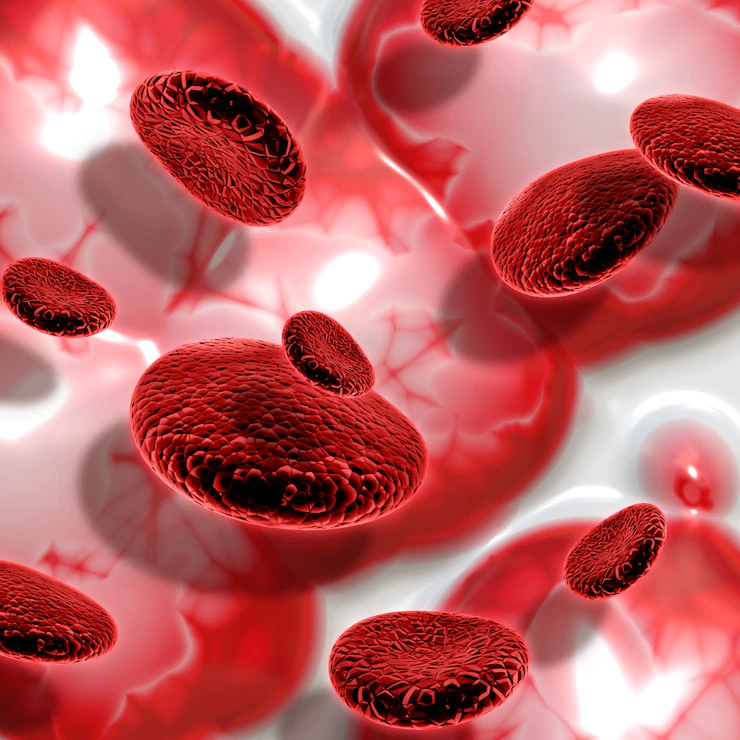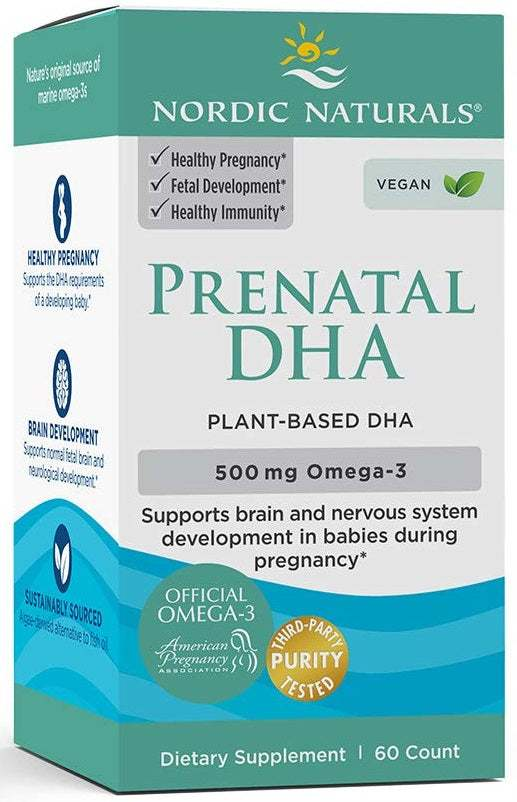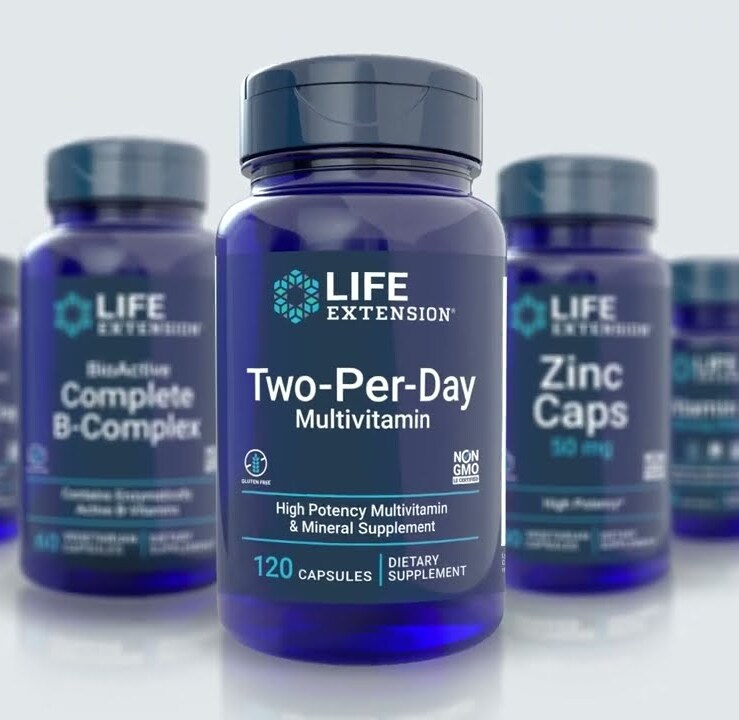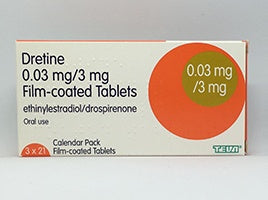What are normal folate levels?
.png?v=1674642336057)

Related products
What is Folate?
Folate, a B complex vitamin, has gained popularity in recent years for its role in pregnancy and foetal development. Being a water-soluble vitamin, folate requires daily replenishment in the body. You may have heard the term 'folic acid' used interchangeably with folate. Folic acid may be distinguished from folate as being the synthetic version of the biologically active form-folate. The term folate originates in the Latin word 'folium', which means leaves, owing to its adequate availability in leafy vegetables.
Read more: Is folic acid the same thing as folate?
Normal Folate Levels
Folate deficiency or excess is determined based on blood tests that measure your serum, plasma, and red blood cells' folate count. Doctors also recommend doing a Complete Blood count, vitamin B 12 blood levels along with your serum folate blood test. You may consider taking a Welzo folate blood test to help diagnose folate deficiency. Evaluating your serum iron levels may also be advised.
Serum Folate
The normal levels of folate, as tested in the serum, are as below:
Normal serum folate levels (Adults): 4.5-45.3 nmol/L
Although less than 7 nmol/L is considered borderline folate deficiency and may be indicative of underlying anaemia.
Low Folate Levels
Low levels of serum folate are often indicative of anaemia. It may also be caused by underlying chronic diseases like malabsorption or irritable bowel disease. Poor folate intake and prolonged folate deficiency have been associated with cardiovascular and neurological diseases and cancer. Insufficient folate levels in pregnant mothers carry the risk of neural tube defects in the foetus affecting the brain and spinal cord development.
Read more: Signs and Symptoms of a Folate Deficiency.
Role of Folate in the Body

Folates are a major source of fuel and energy for the smooth function of various organ systems in the body. It has long since been known for its role in brain development and foetal growth. During pregnancy, folate plays a key role in a foetus's genetic makeup, development, and growth and continues to be essential through adolescence and puberty. Its role in DNA synthesis and healthy red blood cells cannot be missed. It is necessary for the absorption of iron and, thereby, maintaining iron and haemoglobin levels in the body. Its protective function in cardiovascular and nervous health has made dietary intake of folate a priority. Research has shown folate to have anti-cancer properties making it useful in cancer prevention.
Recommended Dietary Intake of Folate
A daily intake of 200µg of folic acid is recommended for all adults.
Dietary Sources
Folate can be obtained in adequate amounts from the food we need daily, but it requires a bit of conscious eating to make the most of our dietary intake and maintain optimum folate levels in our bodies.
Some of the sources of folate may include:
-
Leafy vegetables like spinach and kale
-
Vegetables like brussels sprouts, asparagus,
-
Fruits like grapes, melons, oranges, and strawberries
-
Legumes like kidney beans, soybeans, peas, chickpeas
-
Nuts like almonds and peanuts
-
Seeds like sunflower seeds
-
Meat sources include meat, kidneys and liver
-
Eggs
-
Whole grains like brown rice
In some places, we may get folate in the form of fortified foods like fortified cereals or pasta
Read more: What foods are high in folate?
Management of Folate Deficiency

Insufficient folate levels require proper investigation and diagnosis of underlying anaemia or other health disorders requiring treatment.
Folic Acid Supplements
Your doctor may prescribe folic acid supplements for maintaining adequate folate levels in your body. You may consider taking the Welzo Active Iron and B Complex plus Women's supplements that include folic acid along with iron and other B complex vitamins that would benefit your health and reduce any underlying vitamin deficiency.
Learn more about fertility on our Female Fertility Hub.

































 Rated Excellent by 26,523+ Reviews
Rated Excellent by 26,523+ Reviews